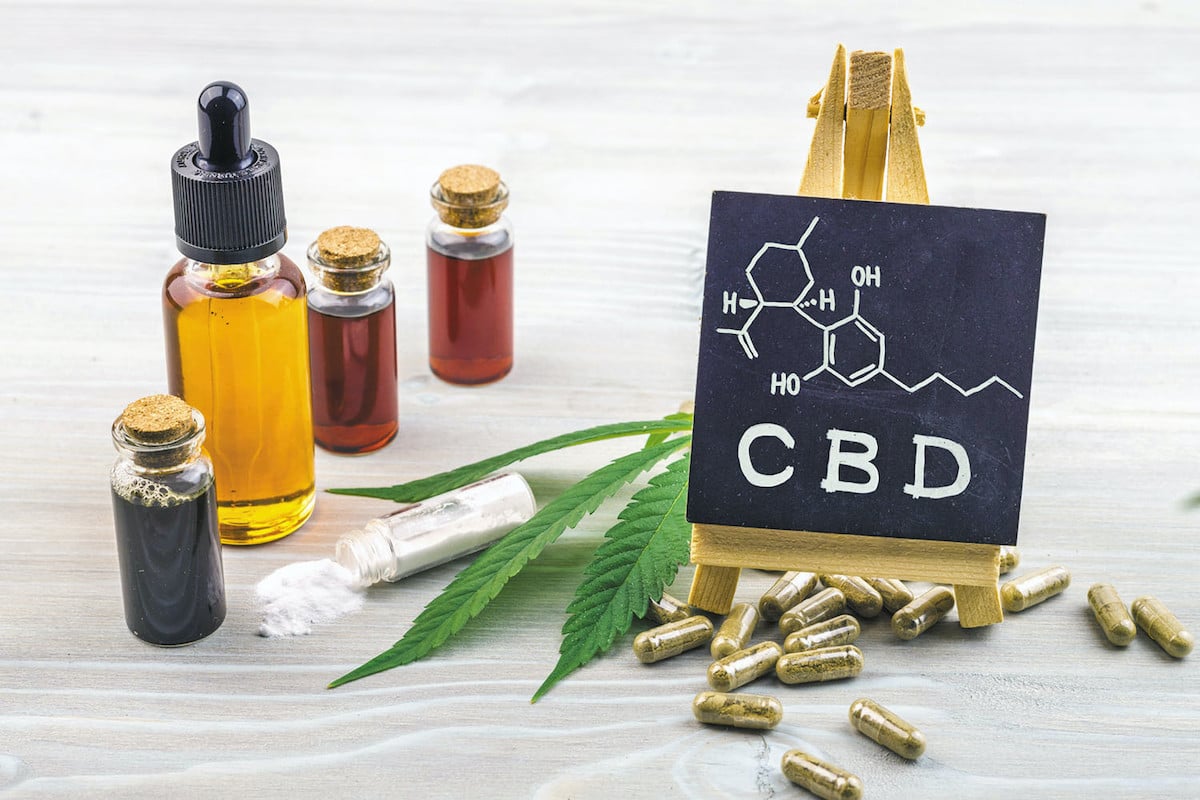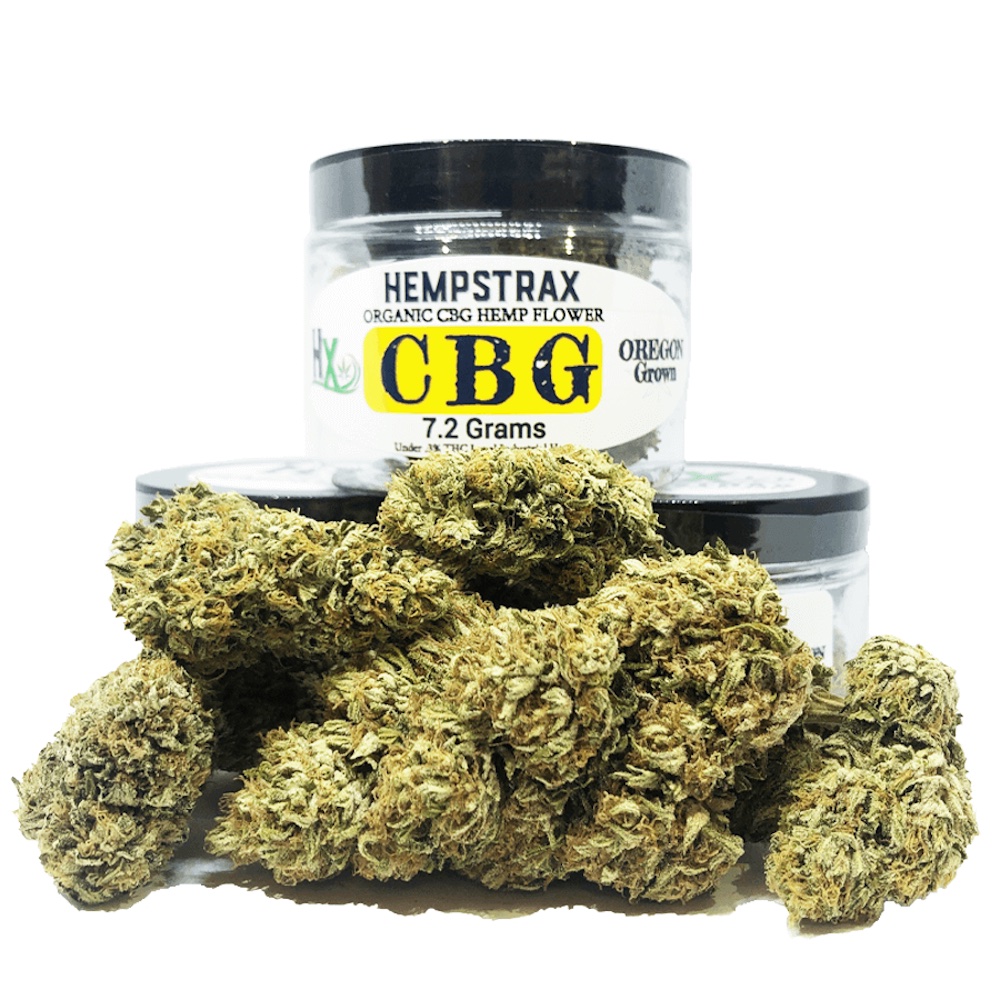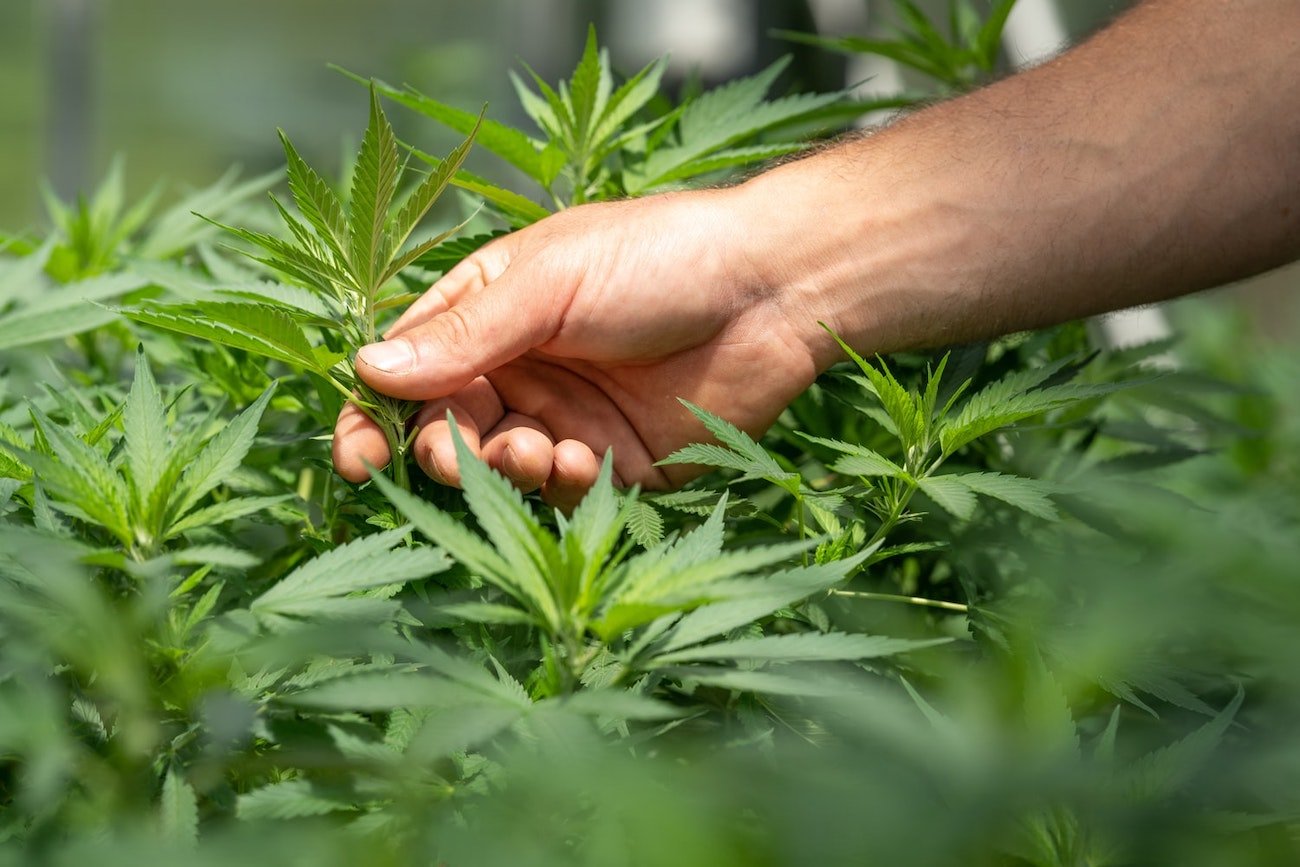
CBG vs. CBD: Which cannabinoid is right for you?
With recreational marijuana now legal over a third of U.S. states, it’s never been easier for people to access cannabis safely.
However, not everyone responds well to the THC cannabinoid, which is the part of marijuana’s molecular structure that most alters one’s state of consciousness. Consuming marijuana can cause some users to become paranoid or feel physically uncomfortable.
However, those that may not like the high from THC can still reap the rewards from using cannabis. Other cannabinoids such as CBD & CBG are found in the plant and can have potential health benefits. Some may wonder what is the difference between CBG vs CBD. Well, we’re here to help find out which cannabinoid is right for you.

Non-psychoactive cannabinoids
Both CBD & CBG are non-psychoactive, meaning that they don’t have the same intense effect on a person’s brain & body that THC does. Plants that are low in THC yet high in these cannabinoids are often called hemp.
CBD is short for cannabidiol, and CBG stands for cannabigerol. Interestingly enough, CBG is actually a component of CBD, meaning that the two cannabinoids are intrinsically linked.
Despite lacking the intoxicating effects of THC, there are a wide variety of positive attributes to be aware of in the debate of CBG vs CBD. According to studies, both cannabinoids can be used as antioxidants, can protect your brain, and are safe painkillers. Now that we generally know why they are helpful to people, let’s look more at the positive qualities of CBG vs CBD.

Benefits of CBG
In addition to being a building block of CBD, CBG is also important to the makeup of THC. This means that it is a crucial ingredient in what allows cannabis to make users feel better. Additionally, CBG helps combat inflammation, making it a powerful medicine.
Another benefit of CBG is that it can help prevent diseases, such as cancer & glaucoma. Meanwhile, it also helps in boosting the user’s mood and is responsible for reducing anxiety in some cases. The tranquility & clearheaded feeling offered by CBG makes it a welcomed option for those that don’t respond well to THC.
Not only can CBG be ingested, but there are many products on the market that allow for it to be applied topically. In the form of an oil or a lotion, CBG can have a hydrating dermatological effect that aids in the rebirth of skin cells. There’s also evidence to suggest that CBG can fight against the formation of bacteria.

Benefits of CBD
With even chain supermarkets selling cannabidiol products, it seems to be more commercially popular than CBG. Yet what benefits does CBD have versus CBG? For starters, CBD is more prevalent than CBG in cannabis & hemp plants, making it easier to extract.
CBD first caught the attention of scientists when they noticed it had the ability to reduce seizures. It’s since been used in a purified form to treat serious cases of childhood epilepsy. The capability to combat nausea has also been attributed to CBD. Meanwhile, some even use CBD products as a sedative.

If you still want the psychoactive feelings of THC without the negative side effects, CBD is here to help. Strains of marijuana that have a high percentage of CBD can lower the amount of anxiety and cognitive impairment caused by THC. However, if you just want to ingest CBD alone, there are plenty of offerings on the market for you to choose from.
With CBD being completely safe & legal, most cities have a place where you can buy cannabidiol products. There are even stores that sell exclusively CBD, available in the form of gummies, tinctures, lollipops, capsules, and even smokable flowers.
If you live somewhere that doesn’t have access to CBD, no need to worry. There are plenty of quality products available for purchase online.

The recognized therapeutic benefits of CBD
Once the scientific research is confirmed, the World Health Organization (“WHO”) recognizes the therapeutic benefits of CBD. Thus, some diseases can be treated with Cannabidiol molecule under medical prescription. However, patients have the choice between existing product forms such as organic cbd but also according to their use.
The therapeutic virtues of CBD
CBD’s active substance allows to soothe pain caused by diseases. Here are its therapeutic potentialities recognized until now:
- Anti-Inflammatory: CBD molecules, like cannabinoids, are natural anti-inflammatories. Athletes are the most likely to use it to relieve tension and muscular pain. With regard to this property, the cannabinoid also makes it possible to treat articular problems like the rheumatoid polyarthritis;
- CBD as an Immunomodulator: In addition to its function against inflammation, its active substance mainly strengthens the immune system. The imbalance of this system often leads to inflammation or self-immune diseases. Thus, the CBD molecule restores this broken equilibrium. It systematically triggers the immune cells’ anti-inflammatory and antioxidant reactions;
- Painkiller: CBD is recognized as a valuable natural pain killer for its anxiolytic and analgesic properties. It also serves as an alternative to antibiotics and painkillers of conventional medicine.
- Treating anxiety and stress: The assimilation of CBD in all of its forms allows the body to relax and effectively fight against anxiety.
The forms and type of CBD use
There are several ways to consume CBD by referring to the list of products available on http://weedlove.fr/. So let’s review these ways of use according to its form
- Seeds and flowers of Cannabidïol: Seeds are cultivated in vegetable garden and flowers are used as infusion. They particularly promote relaxation and do not produce any psychoactive effect. These products are available on specialized platforms;
- E-liquids for vapers: At the time when electronic cigarettes are trendy, CBD also exists in the form of E-liquid with various flavors;
- The CBD resin, extracted from supercritical CO², is marketed in the form of coloured dough. It draws its effectiveness from its strong content of Cannabidiol. Moreover, the resin does not contain THC, but makes it possible the body to slacken because of its properties anti-psychoactive;
- CBD honey: This high quality product is usually sold in jars from specialized stores. It can be consumed at any time and does not have any THC content.
CBG vs. CBD: What’s the difference?
Now that you’re familiar with the benefits of individual cannabinoids, you may still be wondering what the distinction is between CBG vs CBD. This is where we get into the science of cannabis.
CBD & CBD differ in the structure of their oxygen, hydrogen, and carbon atoms over a three-dimensional space. This means that they attach themselves differently to the cannabinoid receptors within our bodies. These unique molecular structures affect the body in specific ways and determine how water-soluble the cannabinoid is.

The variation of effect on neurological receptors leads to a pharmacological difference between CBD & CBG. For instance, when CBD bonds to the 5-HT1A serotonin receptor, it causes a reduction in nausea. Yet when CBG attaches to this same receptor, it has the opposite effect.
CBD & CBG also take different paths when it comes to influencing our appetite. In studies on rodents, scientists found that CBG caused the test subjects to eat twice their normal amount of food. CBD has been shown to have the opposite result, leading to a depletion in appetite.
—
Despite their differences, both CBD & CBG are great choices for those looking for a cannabinoid that is not psychoactive. They both have plenty of health benefits and are completely legal. In your experience, do you prefer CBD or CBG? Let us know in the comments!



